Global media covers CICTAR’s allegations on Brookfield tax avoidance
Canary Wharf, London
Yesterday, CICTAR published a new report exposing the opaque corporate structure of Brookfield Asset Management, Canada’s largest alternative asset manager with $800 billion in assets. Although many will not have heard of Brookfield, the corporation’s influence and money extends into millions of people’s everyday lives, from real estate to healthcare to infrastructure.
Despite owning large chucks of lucrative businesses around the global, Brookfield appears to pay surprisingly little tax in many jurisdictions. Meanwhile, it maintains complex corporate structures, with an exceptional reliance on Bermuda, which makes it extremely difficult to ascertain if the multinational is really paying enough tax where it makes its profits.
Our new report focusses on several of Brookfield’s operations, from Canary Wharf in London to private hospitals in Australia, to dams and waste management in Colombia and Brazil.
Since publication, the revelations have already attracted important media attention. Being one of Canada’s largest companies, it is no surprise that Canadian media have picked up the story, including the Toronto Star and the Globe and Mail. Both highlights the imminent shareholder vote to push Brookfield to be more transparent on its taxes. Michael West Media focusses on the report’s investigation of Brookfield-owner Healthscope in Australia and the questions the revelations now raise for the approval of Brookfield’s latest takeover bid in the country, for Origin Energy.
The specialist tax press has also taken a keen interest, highlighting how such revelations can erode a company’s reputation within corporate and investor circles. The International Tax Review also points to the upcoming shareholder vote on tax transparency and the company’s opposition to calls for greater openness. Corporate disclosures highlighted the subsequent record shareholder suppport for greater transparency and Law360 also provides a great summary of the report, highlighting the company’s alleged use of complex intracompany loans to potentially reduce its tax bill. Similarly, Tax Notes points to the report’s revelations about the extremely dense web of subsidiaries through which Brookfield holds its controlling stake in Canary Wharf. The strong links to Bermuda highlighted in the report led to the Royal Gazette in Bermuda publishing detailed, and even handed, coverage of the report and its findings.
With so many questions being asked about the company’s behaviour, it is particularly notable that Brookfield Management oppose such a widely followed reporting standard, like the General Reporting Initiative. Surely, if adopted, public reporting of this kind would show whether the asset manager’s opacity is just a standard business practice or, in fact, acts as a cover for tax minimisation.

